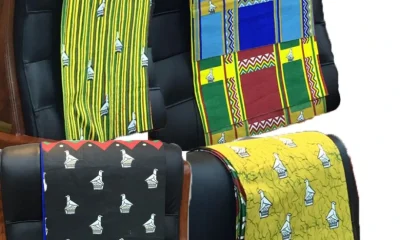Current Affairs
Hosting Ramsar COP15 is a landmark in wetland conservation leadership
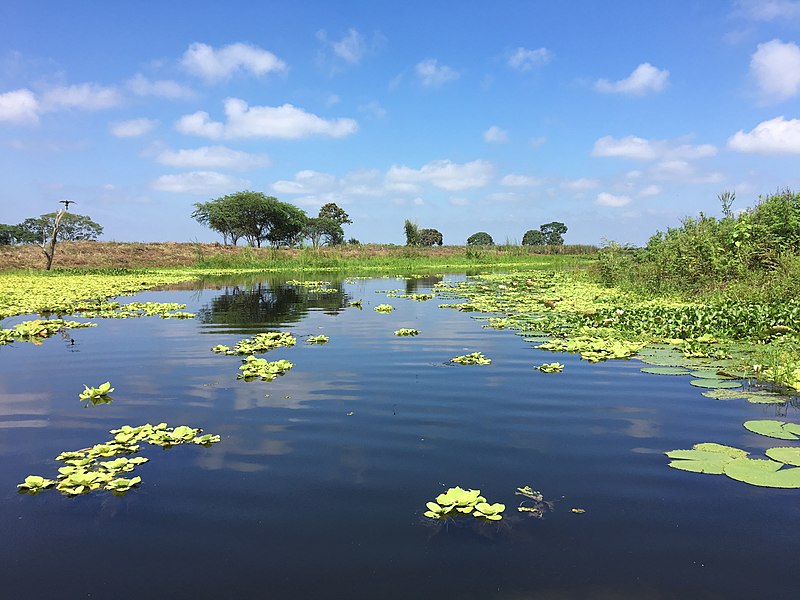
By Innocent Mujeri and Nathan Muchemwa in Victoria Falls
In a world increasingly defined by environmental challenges, Zimbabwe has taken a significant step forward in cementing its role as a responsible and visionary steward of natural resources.
From 23 to 31 July 2025, the country proudly hosts the Fifteenth Meeting of the Conference of the Contracting Parties (COP15) to the Ramsar Convention on Wetlands at the majestic Victoria Falls, a UNESCO World Heritage Site.
This is not only a historic first for Zimbabwe, but a powerful symbol of the nation’s growing leadership in global environmental governance.
The Ramsar Convention on Wetlands, established in 1971 in Iran, is the only international treaty focused specifically on the conservation and wise use of wetlands.
COP15, bringing together delegates from over 170 contracting parties, scientists, policymakers, NGOs, and development partners, is a platform for nations to deliberate on best practices, exchange ideas, and adopt frameworks for wetland preservation.
The selection of Victoria Falls as the host site could not be more appropriate.
Known locally as “Mosi-oa-Tunya” (The Smoke That Thunders), Victoria Falls embodies the very essence of wetlands: biodiversity, natural beauty, tourism potential, and ecosystem services that sustain both people and wildlife.
The surrounding Zambezi River floodplains and wetlands support one of Africa’s richest biodiversity corridors, offering an ideal backdrop for discussions on protecting such ecosystems worldwide.
Hosting COP15 here allows Zimbabwe to highlight its natural endowments, not merely as touristic spectacles, but as vital ecosystems deserving of deliberate conservation efforts.
Zimbabwe’s hosting of COP15 is a bold testament to the country’s renewed commitment to sustainable environmental management.
In recent years, the Government of Zimbabwe, through the Ministry of Environment, Climate and Wildlife, has made tangible strides in protecting wetlands that had long been degraded by urban expansion, agriculture, and climate change.
Initiatives such as the Wetlands Management Policy, the establishment of the Environmental Management Agency (EMA), and the designation of Ramsar sites such as Driefontein Grasslands and Lake Chivero demonstrate Zimbabwe’s seriousness in implementing the Ramsar Convention at the national level.
By bringing COP15 to Victoria Falls, Zimbabwe sends a message to the world: we are not only participants in global environmental agreements, we are leaders.
The last Ramsar COP (COP14) was held in November 2022 in a hybrid format, with sessions in Wuhan, China, and Geneva, Switzerland.
That meeting produced the Wuhan Declaration, reaffirming the urgent need to protect wetlands amidst global biodiversity loss, climate change, and pollution.
It also adopted the Global Strategic Framework for Wetland Conservation 2025–2030, which now provides the guiding principles for COP15 deliberations.
Zimbabwe has taken this momentum seriously. In her official statement during the opening ceremony, Hon. Dr. Evelyn Ndlovu, Minister of Environment, Climate and Wildlife, underscored the theme: “Protecting Wetlands for Our Common Future.”
She called for unity, investment, and political will in addressing wetland loss globally — with Africa, and Zimbabwe in particular, poised to offer solutions rooted in indigenous knowledge and innovation.
Beyond the conference rooms and plenary sessions, the hosting of COP15 brings significant socio-economic benefits.
The influx of international delegates has already stimulated the hospitality industry, with hotels in Victoria Falls operating at near full capacity.
Tour operators, small businesses, and community projects around the area are enjoying a rare boost in visibility and income.
This aligns with Zimbabwe’s long-term strategy to leverage its environmental assets for economic development.
Wetlands are not just about frogs and birds — they are essential to food security, water purification, climate regulation, and ecotourism. Protecting them is not only a conservation imperative, but a developmental one.
One of the lesser-celebrated but most impactful aspects of COP15 has been the inclusion of youth voices and local innovators.
Young Zimbabwean environmentalists and university students have participated in side events and exhibitions, showcasing mobile apps for wetland monitoring, community-based mapping tools, and traditional practices for sustainable wetland use.
By nurturing this new generation of environmental stewards, Zimbabwe is investing not only in the future of its wetlands but in the long-term sustainability of its development model.
This is a departure from decades where environmental matters were relegated to the periphery of national discourse.
Zimbabwe’s moment as COP15 host is also a defining one for Africa. While wetlands cover roughly 10% of the continent, their degradation has accelerated due to population pressures, weak policy enforcement, and the effects of climate change.
Zimbabwe’s proactive hosting role sets a standard for other African nations to follow.
Indeed, the collaborative spirit exhibited at COP15 — from joint statements with SADC counterparts to technical working groups on transboundary wetlands — reflects an emerging consensus that African solutions must be part of the global wetland conservation narrative.
Hosting COP15 is not the end — it is a powerful beginning. Zimbabwe has gained global attention and acclaim, but this must now translate into real change on the ground.
Wetlands in Harare, Bulawayo, Masvingo and other urban centres must be restored and protected from illegal settlements and pollution.
Communities must be empowered through education, incentives, and infrastructure to play a role in wetland management. And most importantly, political leaders must remain accountable to the commitments made on this global stage.
Zimbabwe has proven that it can lead, inspire, and shape a positive environmental future — not just for itself, but for the world. The ripple effects of COP15 will be felt for years to come. And for a country that has faced its share of challenges, this is a victory worth celebrating.
Current Affairs
Benny Hinn Crusade Sparks Controversy in Ashdown Park, Harare
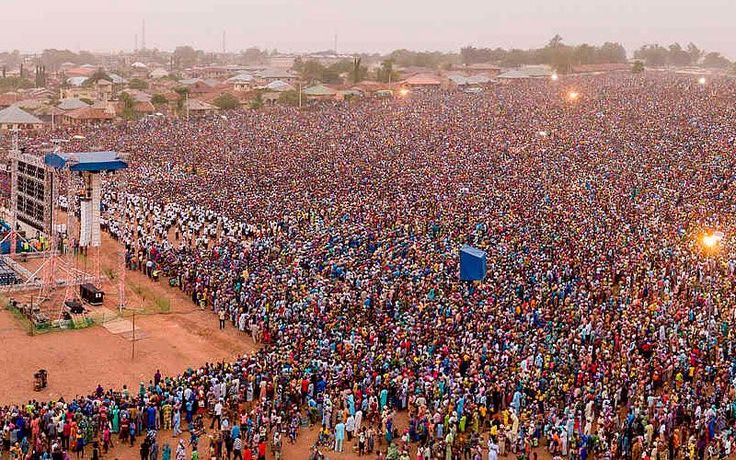
Residents of Ashdown Park, Harare, are in a heated conflict with Heartfelt International Ministries (HIM) over the church’s plan to host a three-day Benny Hinn healing crusade in the residential neighborhood starting on October 10.
The event, which is expected to draw an estimated 100,000 attendees from Zimbabwe and the wider region, has been met with strong opposition from the Ashdown Park Residents and Ratepayers Association (APRRA).
The residents are not happy about Rosedene Drive being closed, as most Bloomingdale residents use this road to access their homes.
“Residents feel completely sidelined, stating that the church failed to seek permission or consult with the community before deciding on and planning the large-scale event,” said the APRRA Chairperson, Muriel Shingai Mangwende.
Mangwende suggested that the church’s attempt to involve them now is being called in when the horse has already been lodged by residents with authorities like the Harare City Council.
However, HIM is reportedly continuing with preparations for the crusade.
Current Affairs
Chamisa Leaves Flock Behind
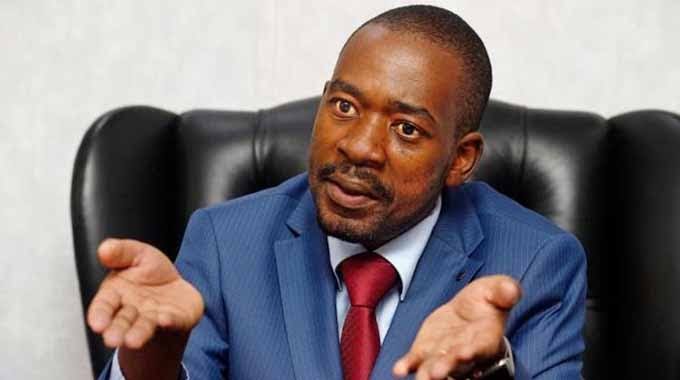
Former Zimbabwean opposition leader turned social media activist Nelson Chamisa has enrolled for a two-year doctoral programme at the University of Oxford, sources close to him have confirmed.
The development comes months after Chamisa announced his withdrawal from frontline politics, leaving many of his supporters uncertain about the future of the Citizens Coalition for Change (CCC), the party he founded in 2022.
A close associate told Hurumende News Hub that Chamisa’s decision to pursue studies abroad signals “a new chapter” in his life, while deepening questions about his long-term role in Zimbabwean politics.
“Chamisa has left his followers behind to focus on a PhD at Oxford. He believes this is the right time to reflect, retool, and prepare for new opportunities,” the source said.
Chamisa, once considered the face of opposition politics in Zimbabwe, shocked many in January 2024 when he announced he was stepping down as CCC leader, citing infiltration and lack of accountability within the movement.
Since then, he has maintained an active presence on social media, but his formal political activities have been minimal.
Chamisa, a lawyer and pastor by training, rose to prominence as a youthful protégé of the late MDC leader Morgan Tsvangirai.
He narrowly lost the disputed 2018 presidential election to President Emmerson Mnangagwa and has remained a polarising figure in Zimbabwean politics ever since.
His decision to leave the political stage has left many of his followers without clear leadership, with internal divisions continuing to fracture the opposition movement.
This Oxford enrollment could mark a permanent exit from active politics, while others believe he may return with renewed strategy and international clout.
For now, Chamisa’s political future remains uncertain, but his academic pursuit in the United Kingdom signals a definitive shift away from the turbulent terrain of Zimbabwe’s opposition politics.
Current Affairs
Nyamupinga: Prison Alone Not Enough, Castrate Rapists
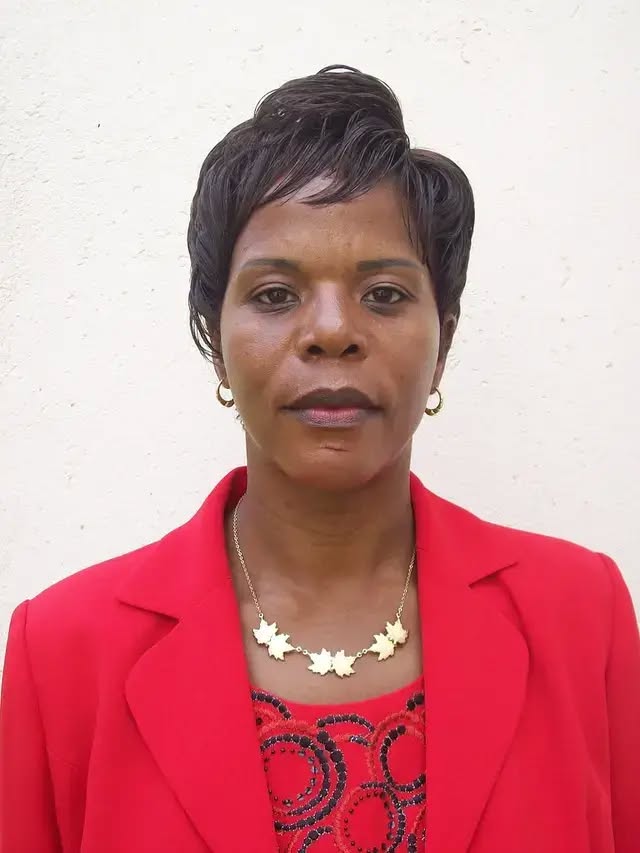
A female legislator has sparked debate in Parliament after proposing the castration of convicted r@pists, especially repeat offenders, as a way to curb rising cases of s@xual violence.
Goromonzi West Member of Parliament, Beata Nyamupinga, raised the issue during Tuesday’s National Assembly sitting, urging lawmakers to urgently introduce tougher measures to safeguard women and children.
Her appeal came in the wake of two disturbing cases that drew widespread outrage the r@pe of a Grade 7 girl by a tout at Harare’s Rezende bus terminus, and a viral video showing two teenage boys allegedly gang-r@ping a 17-year-old girl.
“We are crying over the issue of rape. We are grieving as women of this country. The whole nation is not happy to see a grown man having s@xual intercourse with a young child,” Nyamupinga told Parliament.
She further encouraged her female colleagues to lobby President Emmerson Mnangagwa directly, stressing that traditional prison sentences were not enough since many offenders re-offend after release.
“Can we have something as a matter of urgency to ensure that if somebody is caught having s@xual intercourse with a minor, they should be castrated. If he maintains that manhood, he will not have the discipline to stop,” she argued.
Nyamupinga’s remarks received applause across the House, with many MPs acknowledging the seriousness of the issue.
Acting Speaker Joseph Tshuma condemned the abuse of minors as “incomprehensible and appalling” and advised Nyamupinga to introduce a Private Members’ Bill to push for tougher penalties, including possible life imprisonment for child r@pists.
“While Zimbabwe has abolished the death penalty, certain crimes, particularly the rape of minors, demand severe consequences,” Tshuma said.
-

 Crime and Courts3 days ago
Crime and Courts3 days agoMasasi High School Abuse Scandal Sparks Public Outcry
-

 Crime and Courts7 days ago
Crime and Courts7 days agoKuwadzana Man Jailed for Reckless Driving and Driving Without a Licence
-

 Current Affairs2 months ago
Current Affairs2 months agoBreaking: ZIMSEC June 2025 Exam Results Now Available Online
-

 Current Affairs1 month ago
Current Affairs1 month agoMunhumutapa Day: Zimbabwe’s Newest Public Holiday Set for Annual Observance
-

 Current Affairs4 weeks ago
Current Affairs4 weeks agoGovernment Bans Tinted Car Windows in Nationwide Crime Crackdown
-

 Current Affairs6 days ago
Current Affairs6 days agoVehicle Emissions on the Rise in Harare, A Growing Concern
-

 Current Affairs2 weeks ago
Current Affairs2 weeks agoExposed: Harare GynecologistChirume Accused of Negligence, Extortion, and Abuse
-
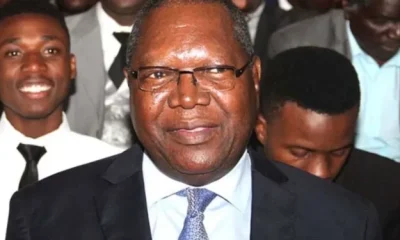
 Current Affairs2 months ago
Current Affairs2 months agoNo VP Change: Government Rejects Mutinhiri Appointment Rumours

